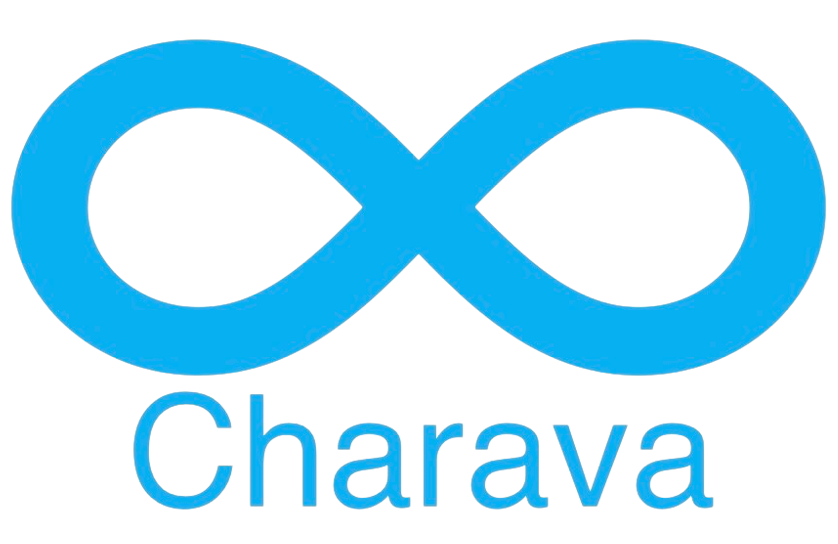NAD: How This Essential Compound Supports Health and Longevity

Nicotinamide adenine dinucleotide (NAD) is a naturally occurring compound present in your body's cells. It plays a crucial role in cellular processes, particularly in regulating metabolic and inflammatory responses. Often referred to as NAD+, NADH, or simply NAD, this compound is essential for maintaining cell function and overall health.
Benefits of NAD Supplementation
Although research is still evolving, findings indicate that NAD supplementation may offer several health benefits.
Potential Anti-Aging Effects (1)
NAD levels naturally diminish with age, prompting interest in its use for mitigating age-related conditions. Animal studies have shown that supplementing with NAD could extend healthy lifespan and reduce premature aging markers. Emerging human trials suggest NAD precursors like NMN and NR may benefit:
- Cardiovascular health and physical aging signs in adults
- Skeletal muscle health, potentially countering muscle mass and strength loss
- Mitochondrial function.
Cognitive Function Enhancement (2)
NAD's role in cellular health has led researchers to explore its potential in preventing or alleviating age-related cognitive decline. Initial studies have suggested that people with conditions such as Parkinson's disease may experience a NAD+ deficiency. Early trials, including a recent one in 2023, indicated that high-dose NAD precursors improved NAD levels and some symptoms of Parkinson's.
There is also early evidence that NAD supplementation could positively affect Alzheimer's-related dementia, but further research is required to confirm these observations..
Skin Health Support (3)
NAD's involvement in DNA repair has spurred interest in its potential for reducing premature skin aging. There is some indication that it may help repair UV-induced skin damage and conditions like psoriasis by slowing the proliferation of skin cells.
Metabolic Health Benefits (4)
Maintaining balanced metabolic health is crucial for preventing conditions like diabetes, heart disease, and obesity. NAD supplementation has been linked to improved metabolic functions in some early studies. For instance, a 2021 study found that NAD supplementation improved insulin sensitivity in postmenopausal individuals with prediabetes. Other research noted enhancements in lipid profiles, body composition, and exercise endurance.
Safe Dosage Recommendations (5)
There is no universally established dosage for NAD supplements. Studies have used dosages ranging from 250 to 1,000 mg per day. Most available supplements fall on the lower end of this spectrum. Consulting a healthcare professional is crucial to determine the appropriate dosage for individual needs.
Safety and Potential Interactions (6)
NAD is generally considered safe at dosages up to 1,000 mg per day. However, consulting a healthcare provider is advised for certain individuals including pregnant or breastfeeding women, people who currently take anti-depressants and people who are currently utilising insulin therapy.
Certain supplements involved with the aging process, like CoQ10 or Quercetin could increase the effects of NAD supplements.
Risk of Overconsumption (7)
Taking NAD within studied dosage limits is generally safe. While there is little evidence of severe side effects, mild reactions like skin flushing, headaches, and dizziness have been reported with high doses of related compounds like niacin.
Conclusion
NAD plays a pivotal role in cellular health, and its supplementation holds promise for combating age-related conditions, metabolic health, cognitive function, and skin rejuvenation. Always seek guidance from a healthcare provider before incorporating NAD into your supplement regimen.
References:
(1) https://doi.org/10.3390/antiox11091637
(2) https://doi.org/10.3390/nu15040943;
doi:10.1016/j.mad.2021.111499
(3) https://doi.org/10.1159/000096170
https://doi.org/10.5114/ada.2020.93379
(4) DOI: 10.1126/science.abe9985
DOI: 10.1126/science.abe9985
https://doi.org/10.2337/db14-0667
(5) https://www.mdpi.com/2076-3921/11/9/1637
(6) https://doi.org/10.3390/ph13090247
doi:10.1016/j.mehy.2014.12.017
doi:10.3390/biom10050687
doi:10.3390/nu15020445
(7) doi:10.3390/ph13090247
